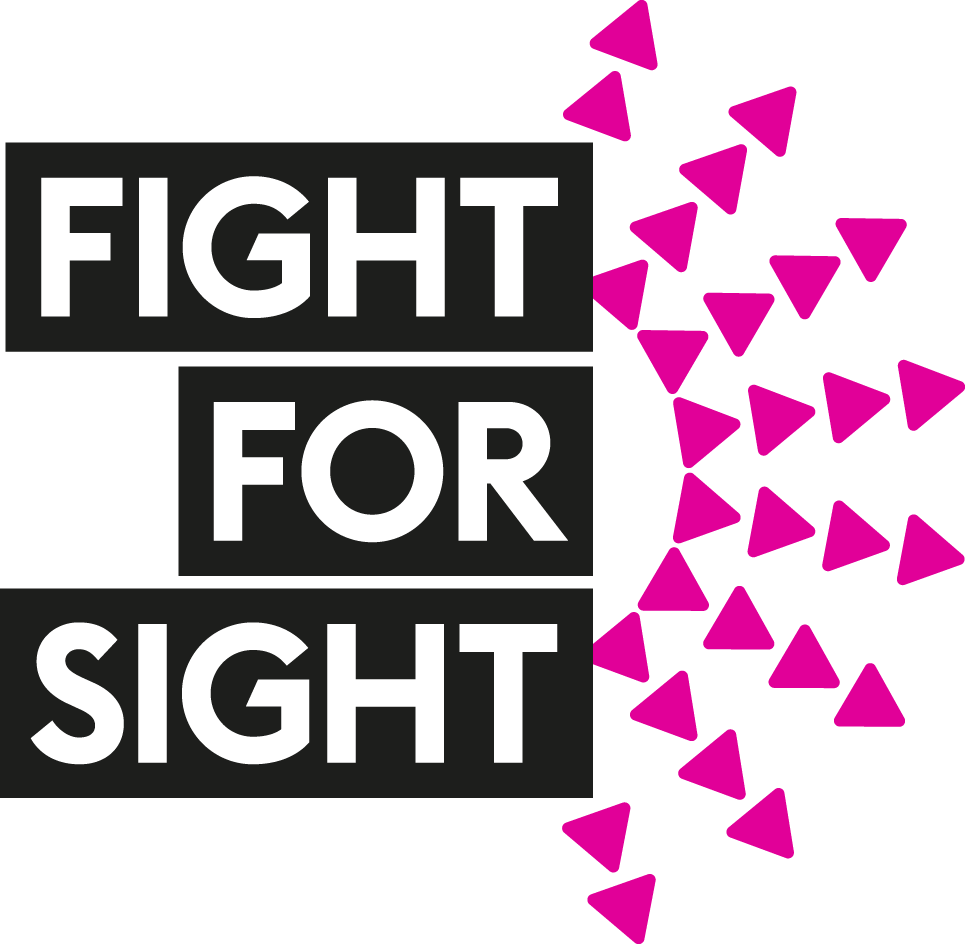Announcing 2023/24’s Zakarian Award-Winners
Each year the Zakarian Awards are announced, whereby Fight for Sight / Vision Foundation and the Royal College of Ophthalmologists (RCOphth) award early-stage ophthalmologists the means to conduct research to further cures and treatments for sight loss. This year a total of £73,394 has been awarded to three individuals to gather pilot data, learn research skills and explore their potential as vision researchers. Below we explore who they are and what they’ll be working on.
What are the Zakarian Awards?
These awards are for early-career ophthalmologists to gain experience and skills by undertaking ophthalmic and vision research, which could lead onto further research or funding opportunities. A grant of up to £25,000 is available for up to one year for ophthalmologists to conduct research. The funding is split equally with the Royal College of Ophthalmologists.
It means ophthalmologists, doctors that specialise in eye health, can use this time to take on research or innovative projects, some of which might have been inspired by work in a clinical setting. Research by the Royal College of Ophthalmologists (RCOphth) found that retention levels are higher among ophthalmologists that conduct research, so there are other benefits too.
““Over half (54%) of ophthalmology trainees say they’d like to be more involved in research than they are currently.””
This year’s recipients:
2023/24 AWARD RECIPIENT: Dr Charles O’Donovan, King’s College London
AREA OF INTEREST: Currently there are no patient-reported outcome measures (PROMS) for people with inflammatory eye diseases. This research aims to address that by developing a prototype that captures outcomes which actually matter to patients.
BENEFITS: Supporting clinical trials of effective treatments as well as clinical assessment and monitoring. For example, directing clinical time towards a particular symptom deemed to be a priority for patients.
2023/24 AWARD RECIPIENT: Dr Christos Iosifidis, Manchester Royal Eye Hospital
AREA OF INTEREST: Mucopolysaccharide (MPS) diseases are a group of rare, life-limiting metabolic disorders that result in a problem with lysosomal function. This means waste products in cells can build up and cause progressive damage. Mucopolysaccharidosis type IIIC (MPSIIIC) is one version of MPS, and Dr Iosifidis will investigate how the retina is affected in a model of MPSIIIC and how these affects contribute to retinal damage.
BENEFITS: Currently there is no clear understanding of how the eye is affected in patients with faults in the HGSNAT gene, and no current treatment for this condition. This research will begin to tackle that knowledge gap. The award will also help Dr Iosifidis gain key skills for a career in vision research, including eye-related laboratory skills, improved understanding of genetic eye disease and genetic therapies, and research management and design.
2023/24 AWARD RECIPIENT: Miss Christine Kiire, Oxford University Hospitals NHS Foundation Trust
AREA OF INTEREST: Diabetic retinopathy, the most common cause of vision loss for people with diabetes, can cause people to lose their central vision. One of the typical treatments for severe levels of diabetic eye disease is panretinal photocoagulation (PRP) laser treatment, however this can in turn affect peripheral vision through laser scars.
BENEFITS: The DVLA require testing for people who undergo PRP treatment, which can raise concerns about a loss of independence for drivers living with the condition. This research aims to generate data on the impact of laser treatment on people’s ability to drive.
Two previous award recipients:
Dr Tasanee Braithwaite (2022/23)
Since winning the Zakarian Awards, Dr Braithwaite has gone on to develop a genetic risk tool to save sight and predict multiple sclerosis in young people. As such she was also invited to serve on the MS Society Prevention Taskforce and attained further funding to progress her work over the next two years, in the form of a KCL Clinical Excellence Fellowship. Tas herself says, “These are huge steps forwards for me, and I do not believe they would have been easily achieved without the valuable time investment afforded to me by the Zakarian Award”. Find out more about Dr Braithwaite’s work here >
Dr Samad Ansari (2022/23)
Dr Ansari’s grant enabled him to carry out innovative work on a potentially pivotal aspect of how we will manage glaucoma and other forms of neurodegeneration in the future. He describes the many opportunities the grant has afforded him:
- Fuelling the project's momentum.
- Giving Dr Ansari the freedom to explore innovative methodologies and techniques that might have otherwise been beyond reach. No previous work had utilised the technique he was using to study mitochondrial bioenergetics in the field of ophthalmology.
- Elevating the profile of his research within the scientific community, opening doors to collaborative opportunities and fostering connections with experts in the field.
- Providing a platform to disseminate his findings through presentations at national and international meetings, conferences and local forums, contributing to the wider conversation on eye health and prevention of vision loss.
Following on from the work Fight for Sight / Vision Foundation and RCOphth funded, Dr Ansari was awarded the Joanne G. Angle Memorial Travel Grant 2023, taking him to The Association for Research in Vision and Ophthalmology (ARVO). And we’re delighted to share that Dr Ansari has gone on to win an Ophthalmology trainee and student research first prize, as awarded by the Royal Society of Medicine.
Could you be the next Zakarian Award winner?
Sean Fox, Acting Head of Research at Fight for Sight / Vision Foundation is passionate about the value in crossing over from patient care to research, “Ophthalmologists, through their patient interactions, often generate valuable research ideas rooted in patient care. We're proud to collaborate with the Royal College of Ophthalmologists once again to enable these medical professionals to gain essential data to develop their ideas.”
If you are a member of the RCOphth and want to explore your potential as a vision researcher, please visit this page for more information and guidance.
The funding call for the next round of applications will open in April and close 19 June.


